In association with
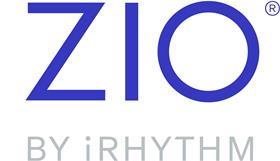
An on-demand version of this webinar is available.
More than 2 million people in the UK are said to have arrhythmia and 1.4 million of those have atrial fibrillation – a heart rhythm disturbance in which the heart beats irregularly and often abnormally quickly, and which is associated with an increased risk of stroke.
Since AF can be an intermittent issue, it is not always possible to immediately diagnose it via a brief electrocardiogram. Longer-term monitoring is often required, which is challenging to achieve with Holter monitors.
Waiting lists for ECG assessment are long with many clinics at capacity, leading to delays in diagnosis of arrhythmia and potentially increased risk of stroke. There is therefore a strong case for exploring ways in which to refine this diagnostic pathway.
Could one way to do this be to capitalise on the potential efficiencies delivered through greater use of new technology – including support from artificial intelligence-enabled services?
That’s the question on the agenda for this HSJ webinar, run in association with iRhythm, brought together an expert panel and consider existing evidence on such redesign.
To access the recording, visit here and click play.
If you had previously registered as a viewer for the event, you will be able to view the recording immediately.
If you have not previously registered, you can do so here to get access to the recording.
Panellists
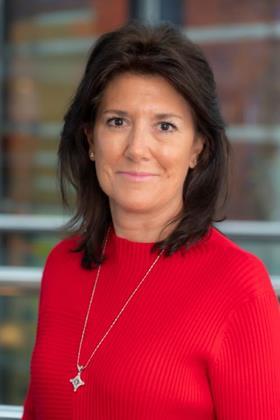
Trudie Lobban, founder and chief executive, Arrhythmia Alliance, Atrial Fibrillation Association, and STARS (Syncope Trust And Reflex anoxic Seizures)
Trudie Lobban is the founder of the Arrhythmia Alliance, the Atrial Fibrillation Association and STARS, all international non-profit organisations providing information, support, education and awareness on all arrhythmia, syncope and atrial fibrillation (AF). She founded STARS in 1993 following her daughter’s diagnosis with reflex anoxic seizures. She went on to establish the Arrhythmia Alliance, which brings together a range of groups to promote timely and effective diagnosis and treatment of arrhythmias.
Trudie sits on a number of medical boards, research committees and steering groups in addition to being a council member of committees and advisory boards. She is also an author and co-author of numerous medical papers relating to cardiac arrhythmias and AF.
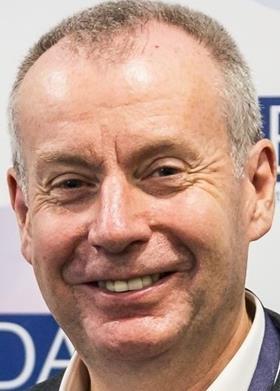
David Thorne, director of transformation, Well Up North Primary Care Network
Originally a nurse, David has held leadership positions within hospitals, community, primary care and commissioning organisations. He has been a chair and chief executive of several primary care alliances, a past CCG manager of the year and has led multiple service reviews. This includes as programme director of the NHS 111 prototype.
He is now director of transformation at Well Up North Primary Care Network, covering north Northumberland and its 65,000 patients. He leads transformation work for the PCN, with particular focus on integrated neighbourhood teams and the use of digital technology to bring care closer to home.
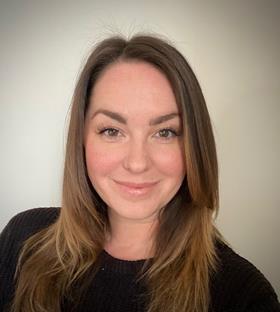
Jennifer Weller, director of customer experience and service implementation, iRhythm Technologies
Jennifer leads the customer experience team at iRhythm Technologies, partnering with NHS trusts in multiple therapy areas to deliver pathway efficiencies and optimisation through the use of AI-supported long-term ambulatory ECG monitoring.She has more than a decade’s worth of experience in outpatient cardiology diagnostics across London and while at iRhythm has helped deliver the company’s AI-based solution to more than 20,000 NHS patients.
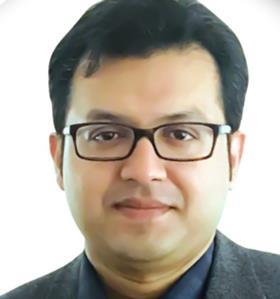
Saeedur Rahman, consultant physician in acute and stroke medicine, Dartford and Gravesham Trust and honorary senior clinical lecturer, King’s College London
Saeedur Rahman joined the NHS in October 2015, initially as a consultant in acute medicine. He subsequently developed a sub-specialty interest in stroke medicine, and now works as a consultant physician at Dartford and Gravesham Trust in Kent. He has a particular interest in cardiac rhythm analysis in stroke and has successfully established a pathway for this locally.
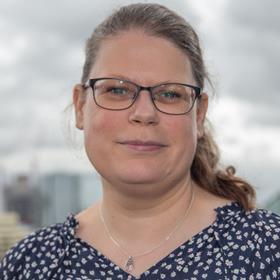
Claire Read, webinar chair, HSJ
Claire Read is a professional writer and editor who has specialised in healthcare throughout her 20-year career. She has been a regular contributor to HSJ since 2012 and has a particular interest in healthcare digitisation and technology.

























